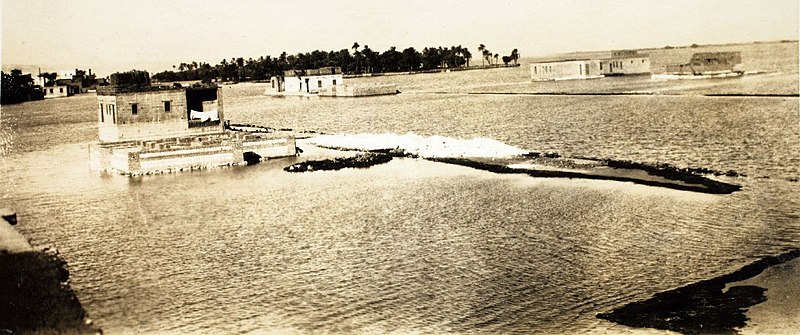
The internet and networks mean a lot to me. I would like to share with you my journey with internet governance, which started in 2019 when I was granted a fellowship to attend the AFRINIC-31 meeting (AFRINIC is the Regional Internet Registry for Africa) where we got to know more about internet governance and PDP (packet data protocol, used in wireless networks).
In June 2021, I attended MEAC-SIG 2021v (the Middle East and Adjoining Countries School on Internet Governance), where I learned a lot in the context of internet governance and different stakeholders. Later, in September 2021, I was fortunate enough to get a fellowship to participate in the virtual edition of the African School on Internet Governance (AfriSIG).
I cannot describe my feeling when I received the selection result email. I met my friend Herman, who was an Internet Governance Forum (IGF) 2020 Youth Ambassador. In the school I got to know more than I had expected during the practicum, in my assigned role as one of the technical community stakeholders, through discussion, negotiation, consensus and objections.
I am very eager to learn more about community networks and how they can be used in raising awareness and risk reduction for local communities. Last year in my country, Sudan, the record floods and heavy rains killed over 100 people and displaced over 500,000, and caused damage to homes, schools, road networks and health care centres. One of the mechanisms for risk reduction is establishing an alarm system in areas that are highly vulnerable to floods, so that communities are warned well in advance. On Tuti island (a Nile River island in the heart of the Sudanese capital, Khartoum), the inhabitants have accumulated their own indigenous knowledge and skills, developing early warning systems based on different tones of drums.
I therefore believed that the best way to prevent such disasters from happening is by building community networks, which will help by filling the connectivity gaps in those areas.
I strongly appreciate the efforts of the school, which has broadened my horizons on the internet ecosystem and issues related to our region and the African community. I have enjoyed the experience with my colleagues in the practicum group, and offer special thanks to all of them, as well as the faculty members, experts and all other supporters.
Read more:
Steps Sudan must take to prevent future flood destruction | PreventionWeb
Home | United Nations Office for Disaster Risk Reduction (UNDRR)
|
Mohamed Salah is a telecommunications engineer, researcher and volunteer. He holds a Bachelor’s degree in electrical engineering from the Academy of Engineering Sciences in Khartoum. He has professional experience in the African region in the field of wireless and mobile communication networks as well as RF optimisation. Mohamed is a member of several non-profit organisations. He is passionate about building community networks, as a solution that addresses the connectivity gaps existing in the region. |
